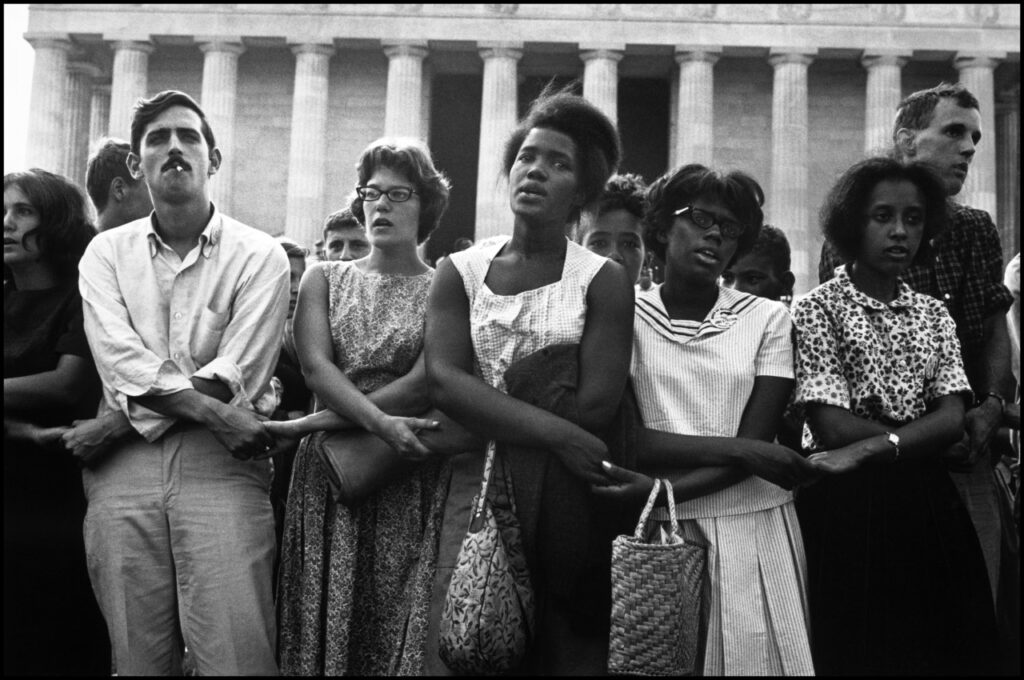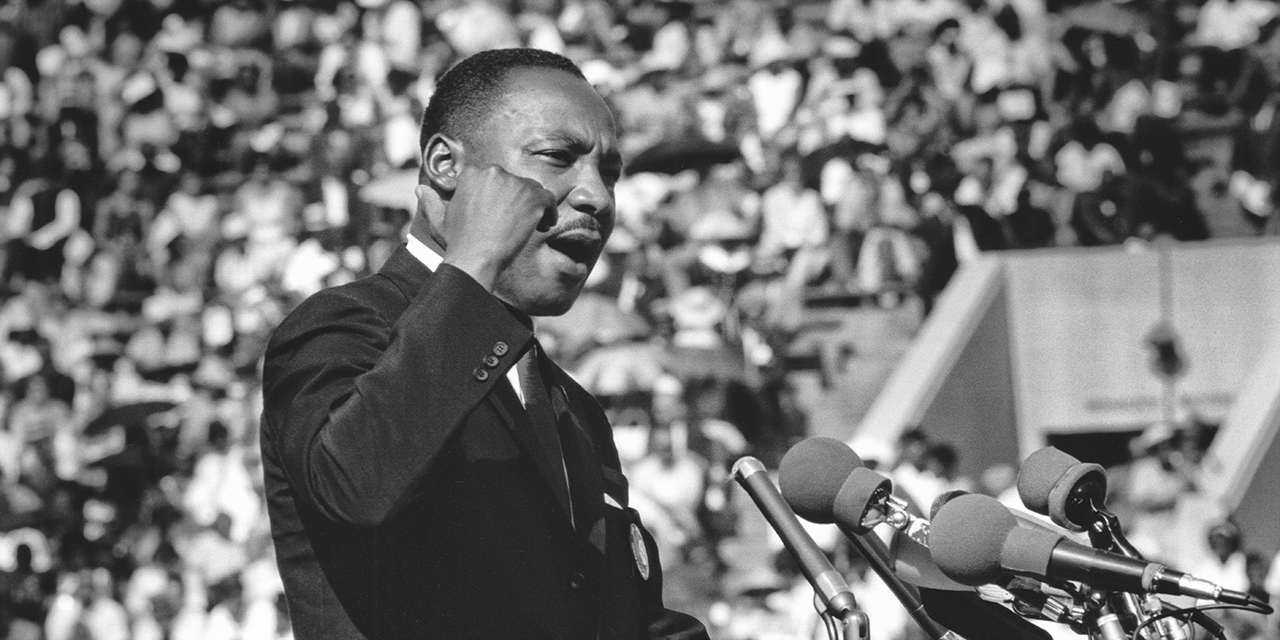Every year, Martin Luther King Jr. Day serves as a powerful reminder of one man’s extraordinary impact on the fight for civil rights and equality. Martin Luther King Jr. was more than a leader; he was a revolutionary force who reshaped America’s racial and social landscape. His dedication to justice, humanity, and the dignity of Black people catalyzed the Civil Rights Movement. He inspired people of all backgrounds to join the fight against systemic oppression.
The Civil Rights Movement: Breaking the Chains of Injustice
Martin Luther King Jr.’s leadership in the Civil Rights Movement brought about historic change. Through nonviolent protests, grassroots organizing, and unwavering moral conviction, he fought against segregation and systemic racism that had long plagued the United States. His efforts culminated in landmark achievements like the Civil Rights Act of 1964 and the Voting Rights Act of 1965. Those acts dismantled key structures of institutional racism and advanced voting rights for Black Americans.
King’s approach was both strategic and deeply compassionate. In his 1967 speech “The Other America,” King stated, “Social justice and progress are the absolute guarantors of riot prevention.” He recognized that peace was only possible in a society that addressed economic and racial inequities, making his movement as much about economic justice as it was about civil rights.
A Fight for All Marginalized Communities
While King’s work centered on Black Americans, his vision of justice was inclusive. He understood that oppression in any form threatened the dignity of all people. In his famous “Letter from Birmingham Jail,” he wrote, “Injustice anywhere is a threat to justice everywhere.” This philosophy has inspired movements for women’s rights, LGBTQ+ equality, immigrant rights, and indigenous sovereignty worldwide.

King’s message emphasized that the fight for equality was a collective responsibility. He called on people of all races and ethnicities to join together to combat oppression, urging allies to see themselves as part of the struggle for justice.
The Backlash Against Progress
Despite the progress sparked by the Civil Rights Movement, recent years have witnessed alarming efforts to reverse those gains. From voter suppression laws disproportionately targeting Black and minority communities to the Supreme Court’s rollback of rights in cases like Dobbs v. Jackson in 2022, there has been a resurgence of policies echoing the segregationist and exclusionary values of the Jim Crow era.
King understood the cyclical nature of progress and backlash. “Change does not roll in on the wheels of inevitability, but comes through continuous struggle,” he said in 1967. His words are a sobering reminder that the fight for civil rights demands vigilance and resilience.
Leaders like Stacey Abrams, Rev. William Barber II, and organizations like Black Lives Matter have taken up King’s mantle. These modern advocates continue to push back against systemic oppression, whether by defending voting rights, advocating for police reform, or fighting economic inequality.
Global Reverberations of King’s Work
Martin Luther King Jr.’s legacy extends far beyond the borders of the United States. His philosophy of nonviolent resistance, inspired by Mahatma Gandhi, influenced global leaders like Nelson Mandela during South Africa’s anti-apartheid struggle. King’s message of justice and equality continues to inspire movements for democracy and human rights in countries across the world.
In his Nobel Peace Prize acceptance speech in 1964, King stated, “I have the audacity to believe that people everywhere can have three meals a day for their bodies, education, and culture for their minds, and dignity, equality, and freedom for their spirits.” This global vision of justice challenges us to continue his work—not just for our communities, but for humanity as a whole.
A Call to Action
As we celebrate Martin Luther King Jr. Day, we honor a man whose selfless commitment to justice changed the world. But the holiday is not just a commemoration; it is a call to action. King’s vision of equality and humanity was not a passive dream but a moral imperative that demanded ongoing effort.
King once warned, “Our lives begin to end the day we become silent about things that matter.” Today, his words challenge each of us to actively oppose injustice wherever it is found, to stand against systemic oppression, and to advocate for the rights and dignity of all people.
Martin Luther King Jr.’s legacy reminds us that progress is possible, but it is not inevitable. His unwavering belief in the power of love, justice, and collective action remains a beacon for all who seek a more equitable world.
Also Check Out


Leave a Reply